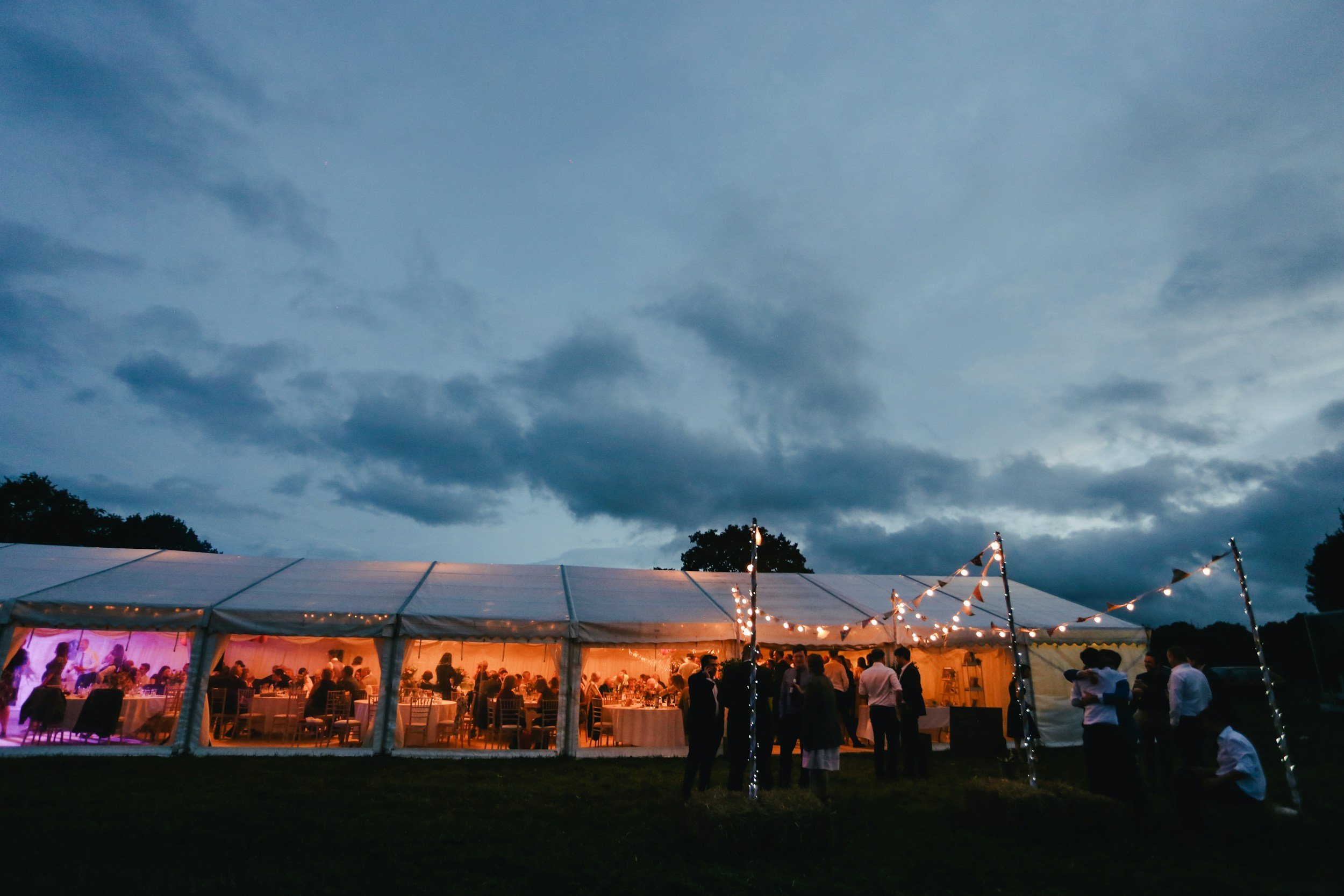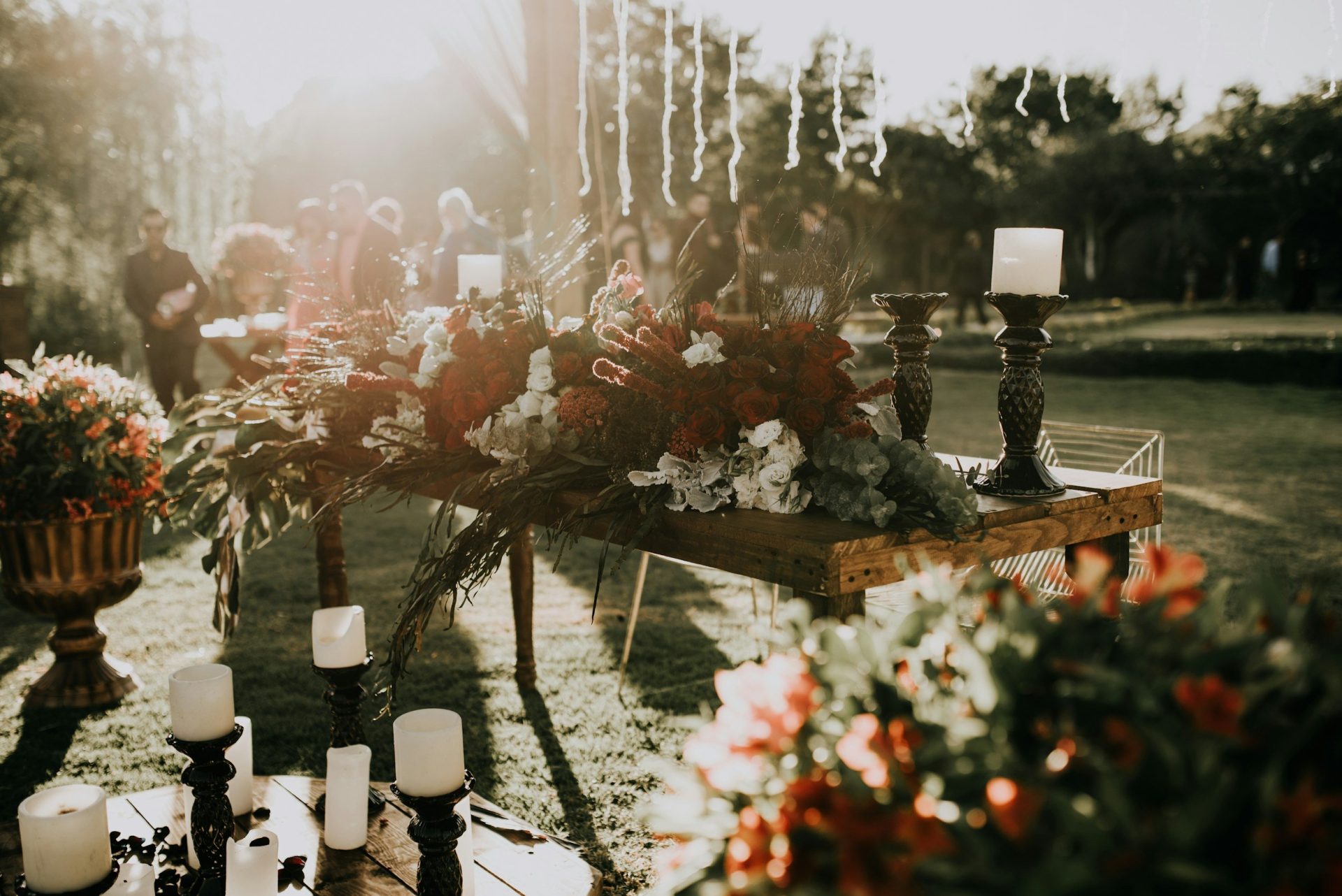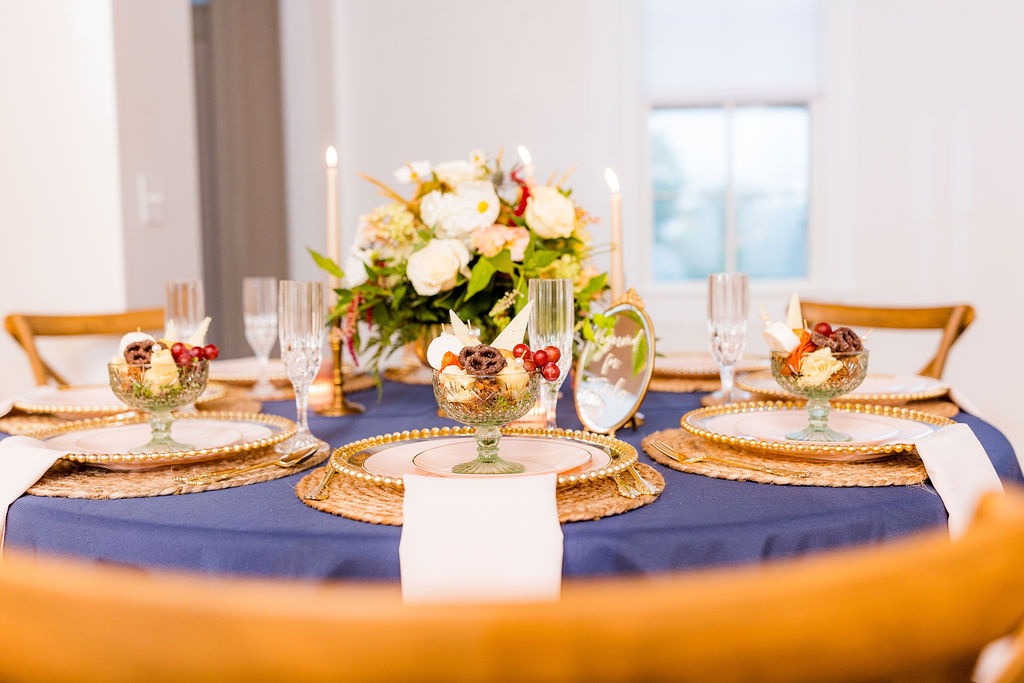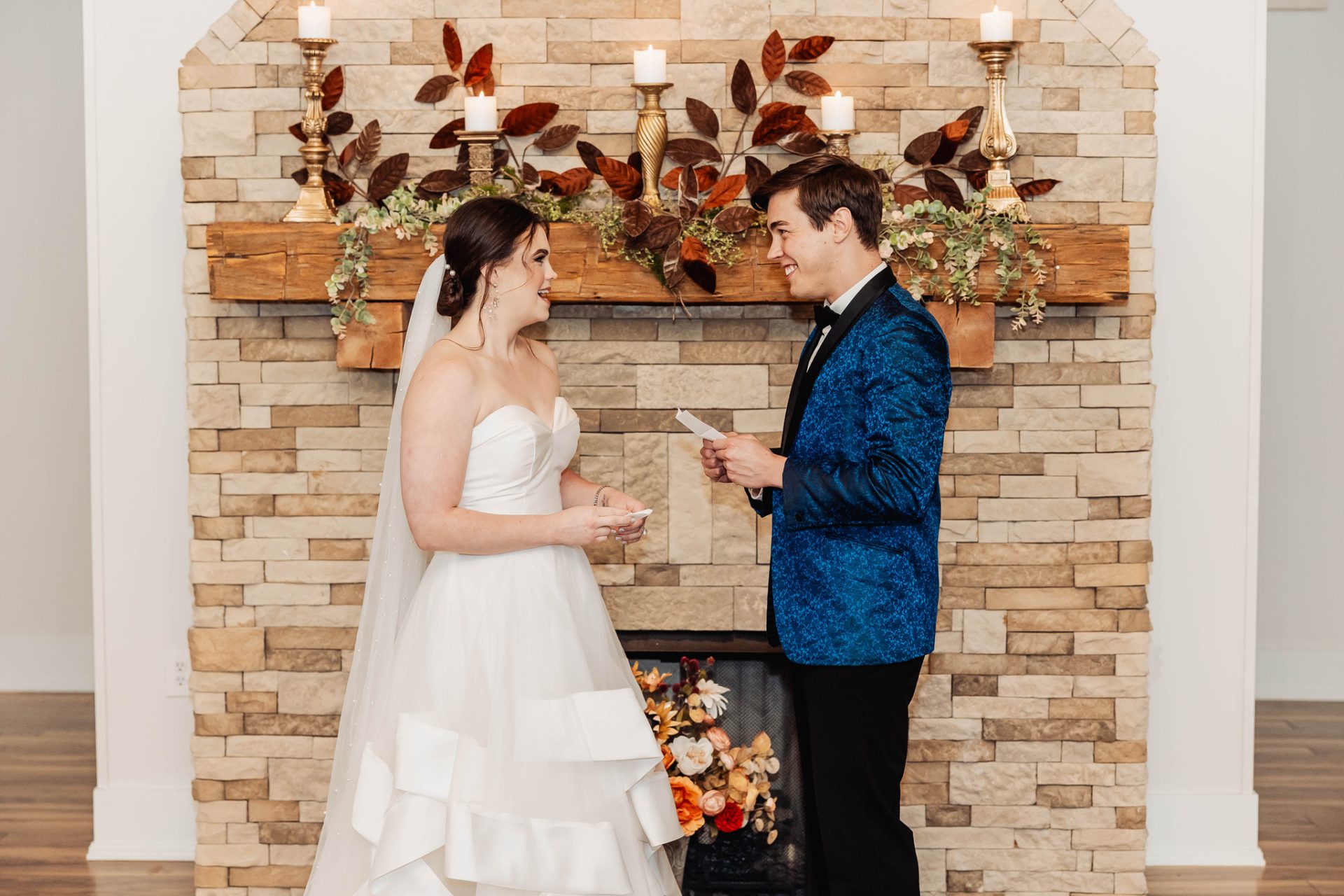One of the most crucial choices you’ll face is picking the right venue. The perfect venue sets the tone for your entire event, influencing not just the atmosphere but also the convenience, accessibility, and overall experience for your guests. To guide you through this process smoothly, we’ve compiled some fundamental advice on how to select a venue that aligns perfectly with your event’s size, theme, and budget. Let’s dive into these expert tips to ensure your next event is both memorable and effortlessly managed.
Factors to Consider When Choosing a Venue
Location
The venue’s location is crucial for maximizing attendance. It should be easily accessible for guests, close to major transportation links like airports, train stations, or public transit. Consider the origin of most attendees- a central location may be more convenient if they are local, whereas a venue near hotels or entertainment might be better for out-of-town guests. Also, think about the surroundings – a venue in a vibrant part of town could offer additional attractions to your guests.
Capacity
Before booking a venue, you need a clear estimate of your guest list. Choosing a venue with the right capacity is essential to avoid cramped spaces or overly large, impersonal areas. Most venues provide both maximum capacities and comfortable seating arrangements, so check these details in advance. Also, consider the nature of the event – gala dinners require different space configurations compared to conferences or workshops.
Amenities
Amenities offered by the venue can make a big difference in the experience of your event. Essential amenities might include audio-visual equipment, on-site catering, parking, and Wi-Fi access. For corporate events or conferences, check for the availability of meeting rooms and technical support. If it’s a social event, look into lighting and decor options the venue provides or allows. Always verify if there are additional charges for using these amenities.
Determining Your Budget
Setting a Budget
To set a realistic budget, begin by listing all potential expenses – venue hire, catering, decor, audiovisual equipment, and entertainment are typical categories. Allocate extra funds for unforeseen expenses to avoid last-minute financial stress. Research average costs of venues in your chosen location to get a baseline. Remember, flexibility on dates can sometimes secure better rates, as venues often charge less during off-peak times.
Hidden Costs to Consider
When planning your budget, factor in these often-overlooked costs:
- Service charges and gratuities: These can add a significant amount to your final cost. Clarify with the venue what is expected.
- Setup and takedown fees: Some venues charge extra for setting up the space and cleaning up afterward.
- Cancellation fees: Understand the cancellation policy thoroughly to avoid unexpected charges if plans change.
- Overtime charges: Events can run longer than anticipated. Find out how the venue charges for overtime to avoid a nasty surprise.
By considering all these aspects, you can choose a venue that not only meets your needs but also stays within budget, ensuring your event is both successful and cost-effective.
Types of Venues

Hotel/Resort
Hotels and resorts are popular venue choices for various events including conferences, weddings, and corporate gatherings. One of the biggest advantages of booking a hotel or resort is the convenience it offers. Guests can stay on site, which is particularly beneficial for events spanning multiple days. Moreover, hotels often provide comprehensive services including catering, decor, and audiovisual equipment, helping to streamline the planning process. However, it’s important to ensure that the space aligns with your event’s tone and size, as the ambiance and room capacity can vary widely even within the same property.
Banquet Hall
Banquet halls are designed specifically for events like receptions, galas, and large parties. They often come with in-house catering and decoration options, which can ease much of the planning stress. Banquet halls can be standalone or part of a larger facility, like a community center or a club. The main benefit of choosing a banquet hall is the flexibility in terms of layout and customization options. You have the liberty to transform the space according to your theme or style. It’s important, though, to check for any restrictions on vendors, noise, or decor before making a final decision.
Outdoor Space
Outdoor venues such as gardens, parks, or beachfronts provide a naturally beautiful backdrop that is hard to replicate indoors. They are perfect for casual gatherings, weddings, and family reunions, especially in favorable weather conditions. The beauty of an outdoor event lies in its flexibility and the creativity it allows in terms of layout. However, it’s crucial to have a contingency plan for bad weather. Additionally, unlike indoor venues, you may need to rent necessary facilities like portable restrooms, tents, and generators. Local permits may also be required, so it’s essential to do thorough research and planning.
Conducting Site Visits
Before finalizing any venue, conducting a site visit is a non-negotiable step. Seeing the venue firsthand can provide insight into aspects that you might not capture through photos or descriptions online.
Making Appointments
Always schedule appointments with the venue managers or coordinators in advance. Make sure to visit during a time that reflects how your event will be held (daytime, evening, weekend) to get a true feel for what to expect in terms of lighting, noise, and overall ambiance. If possible, visiting the venue during another event can also offer valuable insights into how the space is managed and operated during an actual occasion.
Questions to Ask During the Visit
When visiting potential venues, prepare a list of critical questions to ask. Some essential inquiries might include:
- What is the maximum capacity of the space?
- Are there any restrictions on decor or vendors?
- What facilities and equipment are available? Are there extra costs involved?
- What are the catering options and food service policies?
- Is there accessible parking and transportation?
- What are the cancellation and change policies?
Asking these questions will help ensure that you cover all bases, helping to prevent any unexpected issues on the day of your event. Remember, choosing the right venue can make or break an event, so take your time to weigh all options and ensure that your final choice aligns perfectly with your event objectives and guest expectations.
Negotiating Contracts
Understanding and negotiating these contracts can not only save you money but also prevent any unforeseen issues on the day of the event. It’s essential to go through each aspect of the contract thoroughly to ensure all your requirements are met and you understand the liabilities and limitations involved.
Understanding the Terms
A venue contract can seem daunting with its legalese and fine print, but understanding the terms included is crucial for a successful event. Key elements to look out for include cancellation policies, deposit requirements, penalties, and insurance obligations. It’s important to clarify what circumstances would lead to additional charges or what happens if there is a need to cancel or reschedule the event. Make sure every service and its cost are clearly listed to avoid unexpected expenses.
Room Setup and Additional Services
Once you’re comfortable with the basic terms, focus on the specifics of event space usage. Questions to consider include: What layouts are available, and can they accommodate your event’s format? Are there any restrictions on decorating the space? Additionally, inquire about available services such as catering, audiovisual equipment, parking, and security. Sometimes venues offer packages that include these services at a reduced rate. Ensure these elements are explicitly mentioned in the contract to avoid last-minute surprises.
Finalizing Your Venue Choice
This stage involves confirming all details and ensuring there’s flexibility to handle any unexpected changes. It’s advisable to walk through the space one final time and have a checklist to ensure every detail aligns with your event’s requirements.
Confirming Details
Finalize your venue choice by reconfirming every detail. This includes the event date, room layout, setup times, and any special accommodations. Double-check the audio-visual and tech setups if your event requires them. Confirm the contact information of the venue manager or coordinator and establish a clear communication plan leading up to the event. It’s also wise to review the final contract before signing it to ensure all previously discussed terms are included and correct.
Ensuring Flexibility
Given that unexpected scenarios can arise, ensuring flexibility in your venue contract is vital. Check for clauses that relate to rescheduling, especially in the face of unpredictable events like weather issues or public health concerns. Understand the venue’s policies on vendor delivery and setup times as well as any restrictions that could affect your event timeline. Negotiating a bit of leeway on these factors can provide peace of mind and create room for adjustments without penalty.
Selecting the perfect venue involves careful consideration, thorough negotiation, and attention to detail. By meticulously reviewing every aspect and ensuring contractual flexibility, you can secure an ideal venue that meets all your event needs while providing a buffer against potential complications.
Selecting the perfect venue is instrumental in ensuring the success of your event. By considering factors like size, location, amenities, cost, and reputation, you can make an informed decision that will delight your guests and meet your objectives. Remember, the right venue sets the tone and atmosphere for your entire event, making it a memorable experience for everyone involved. Take your time, do your due diligence, and choose a space that aligns with your vision and goals. Happy venue hunting!





